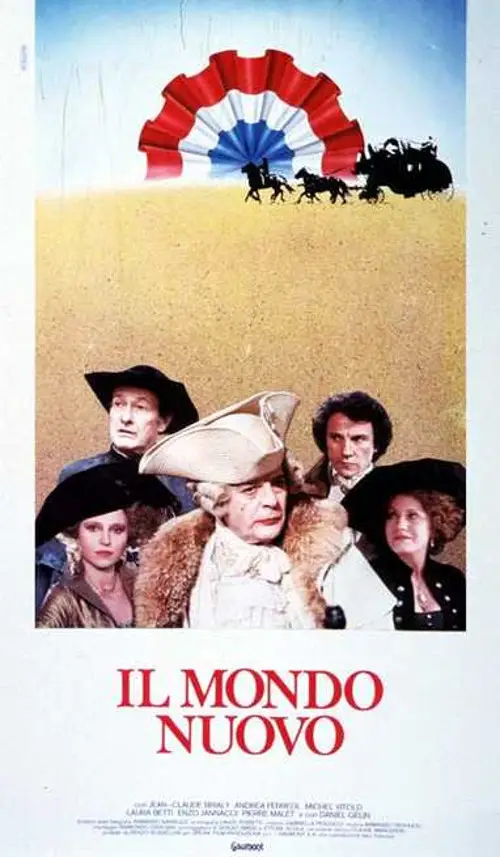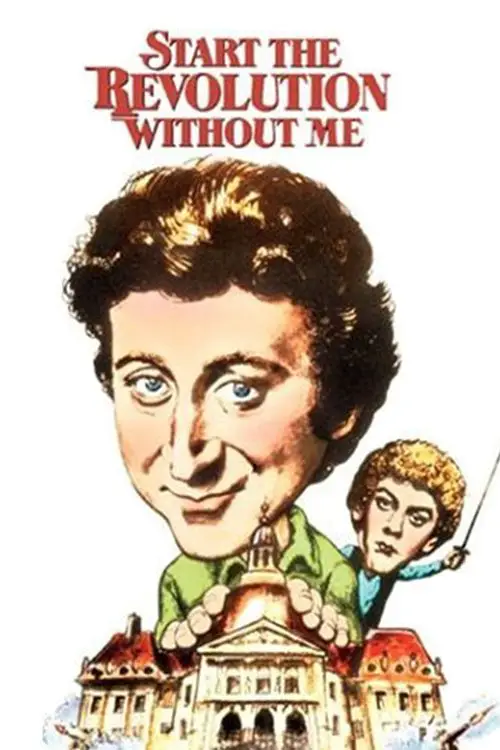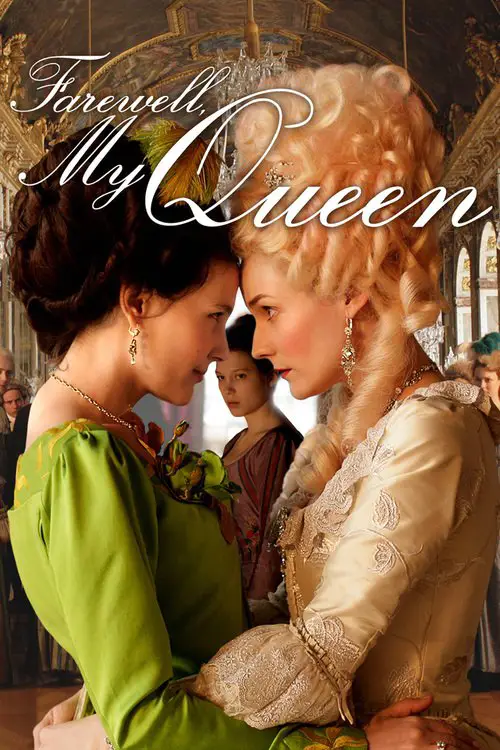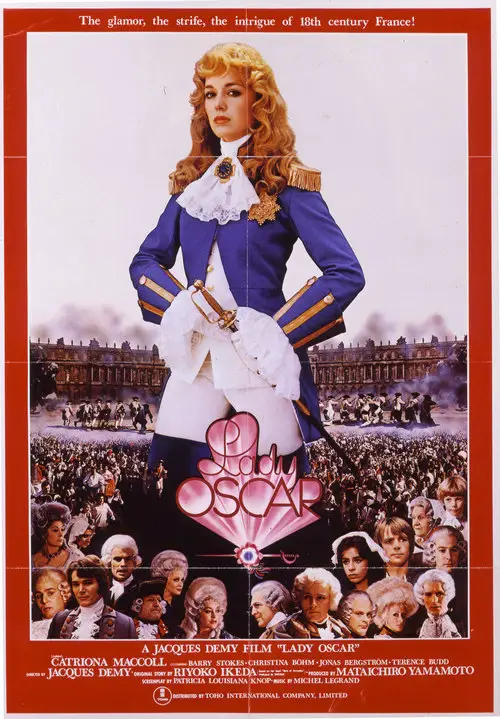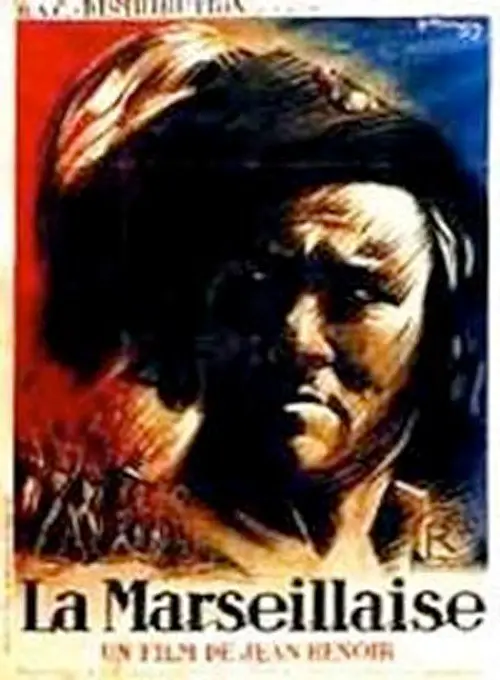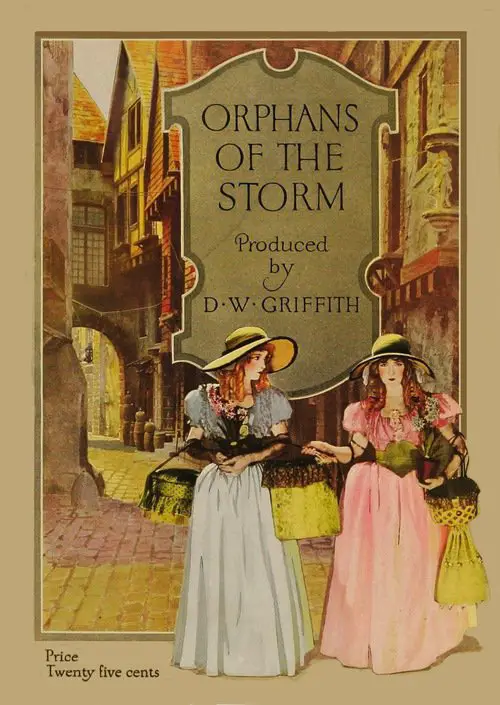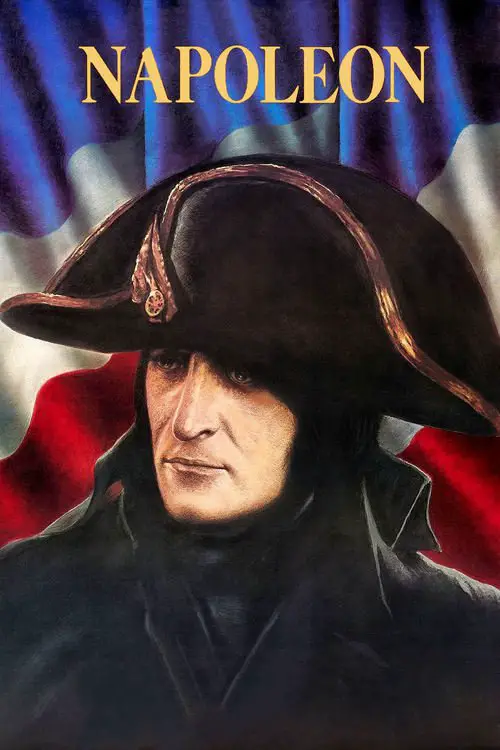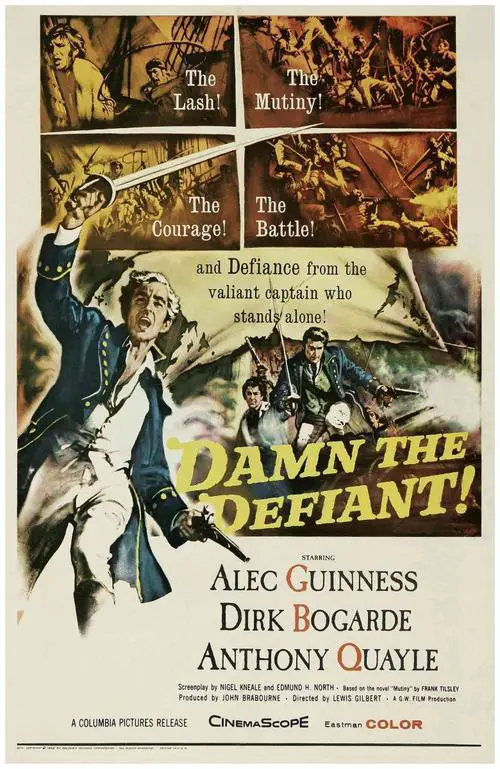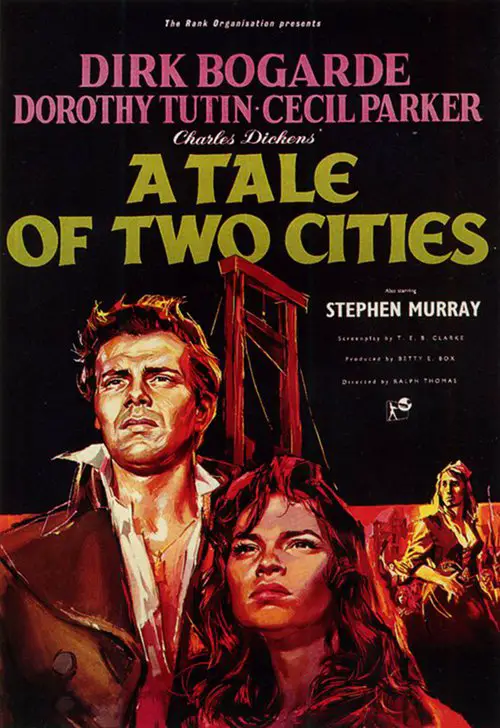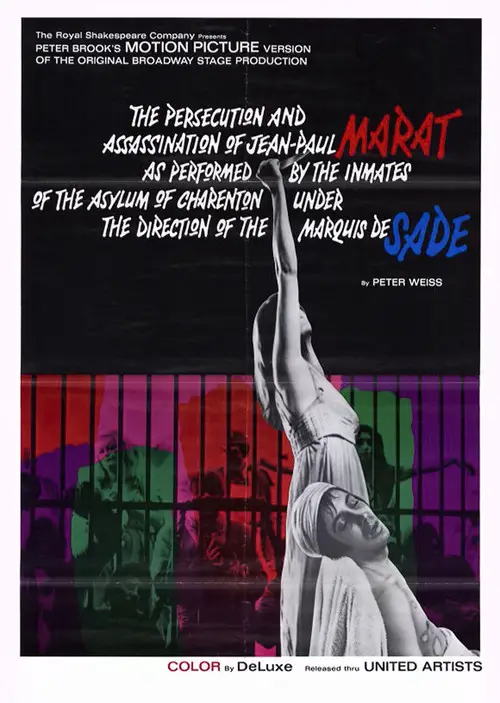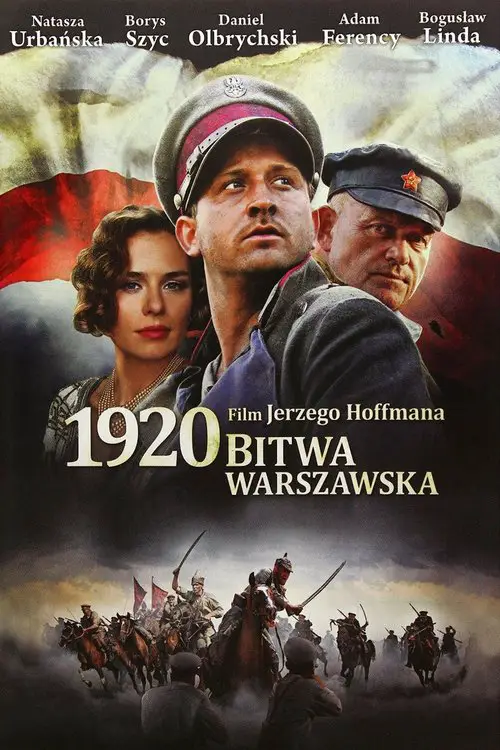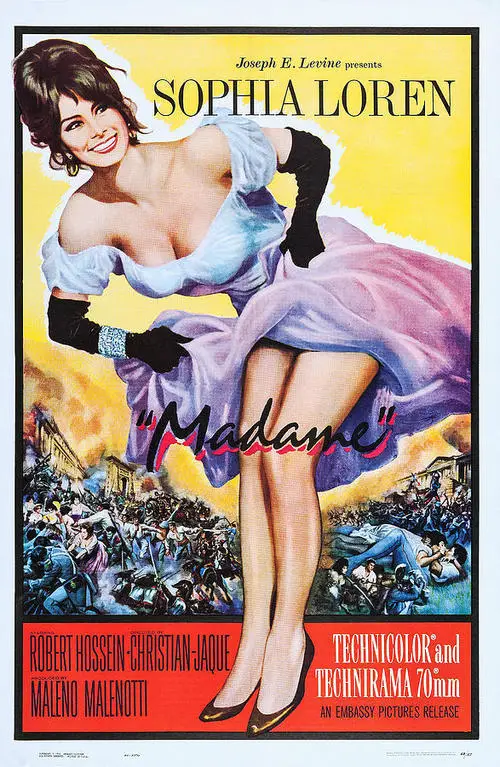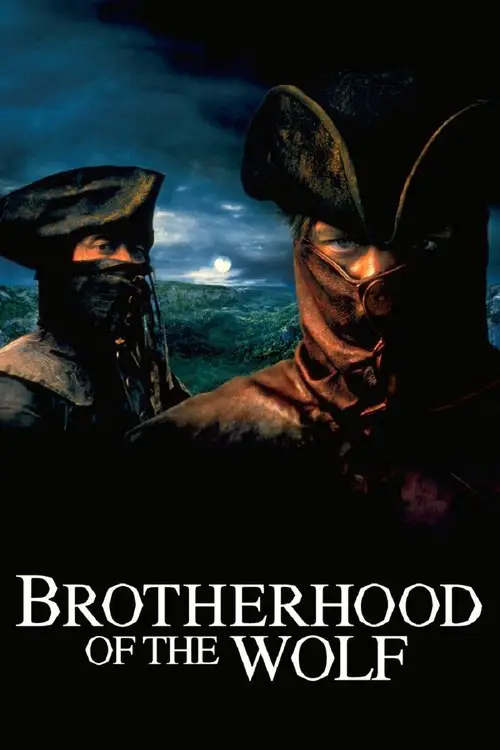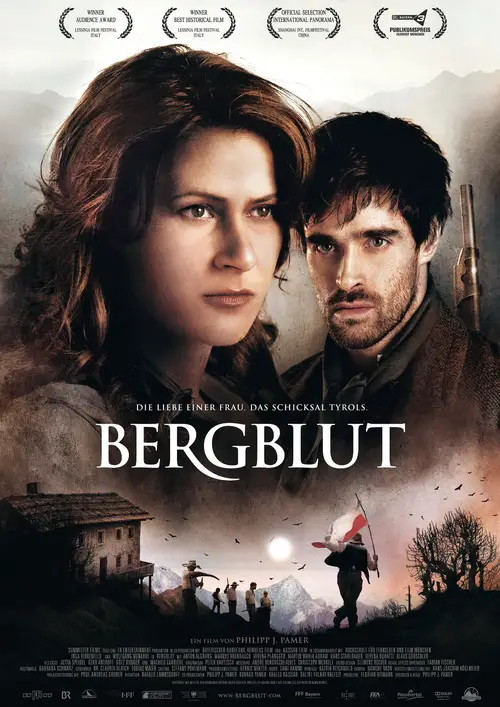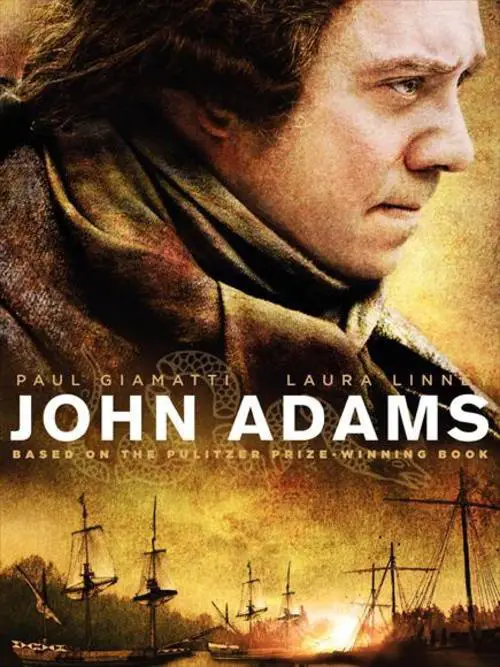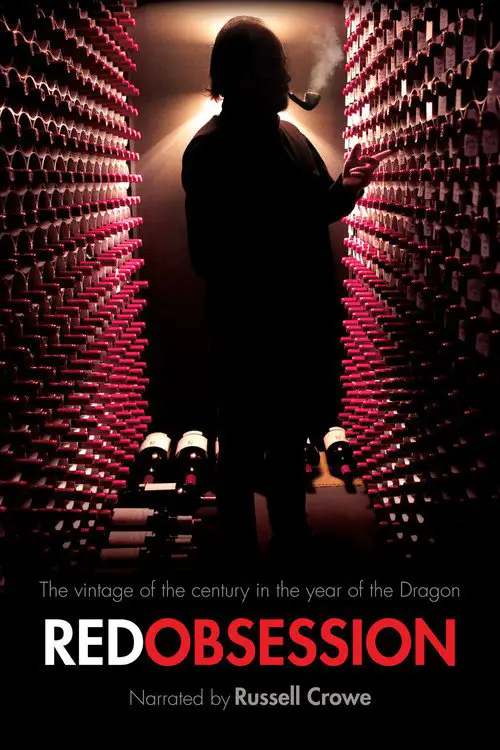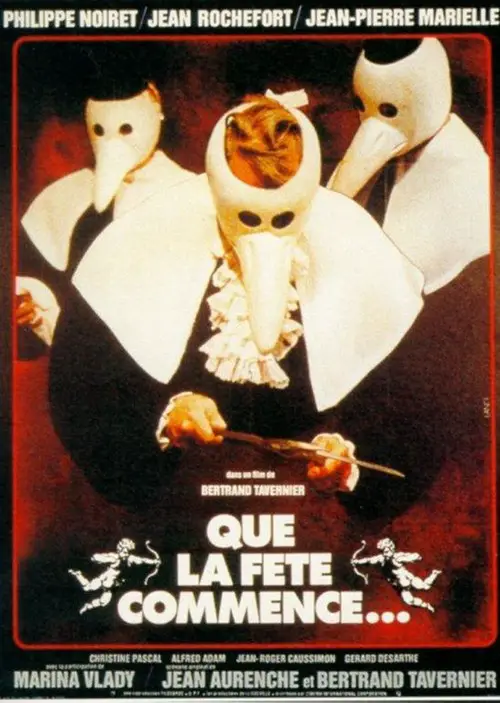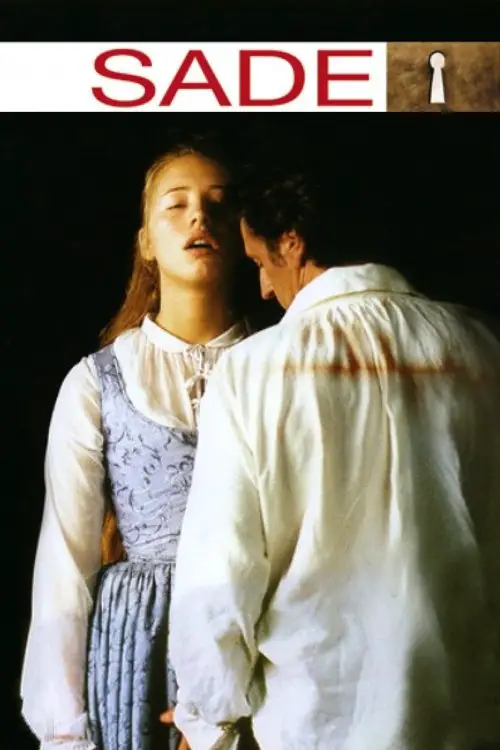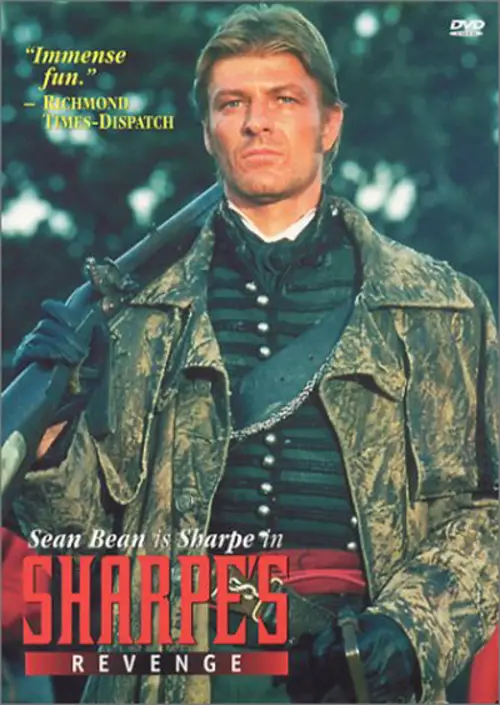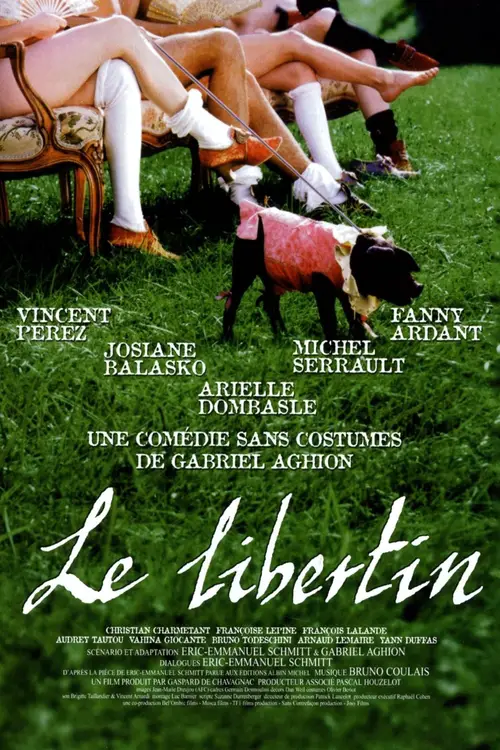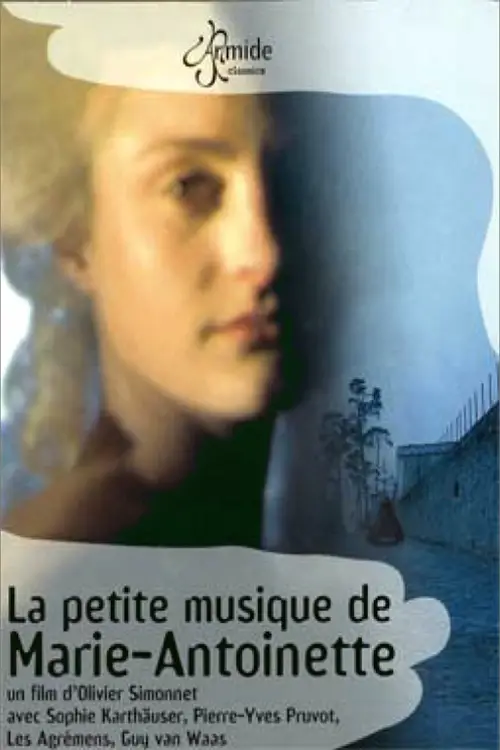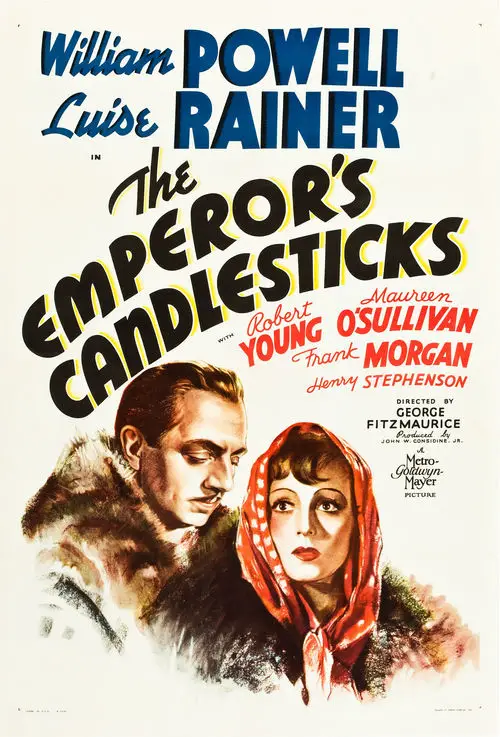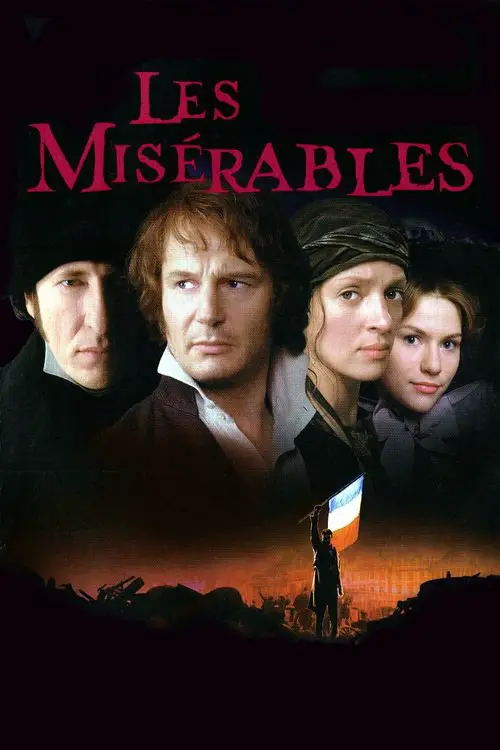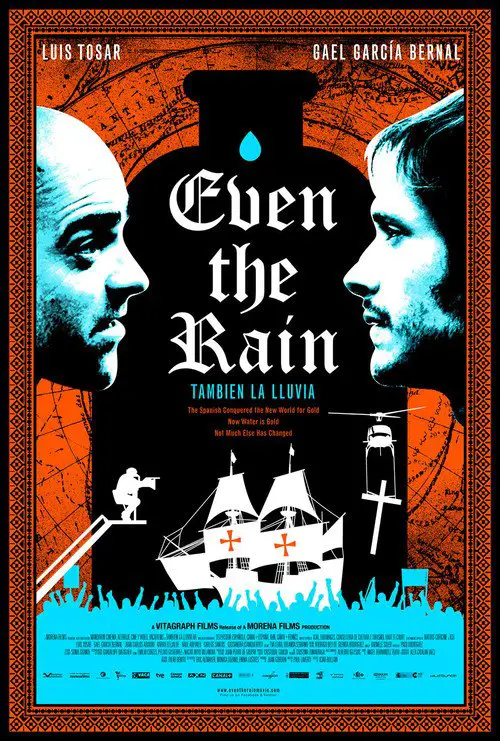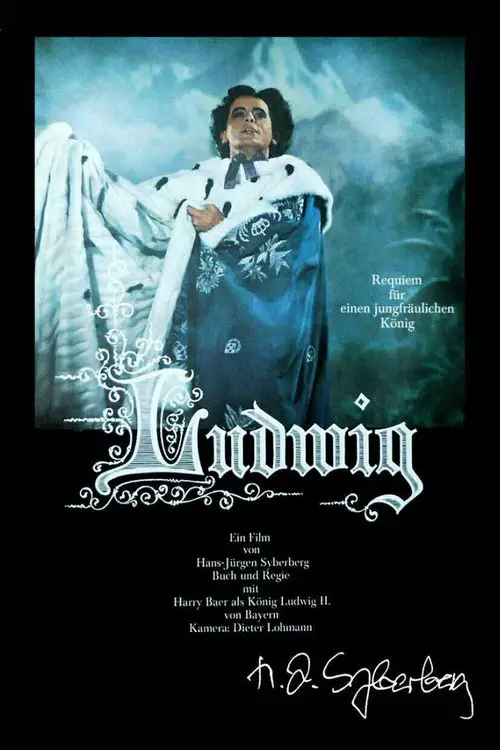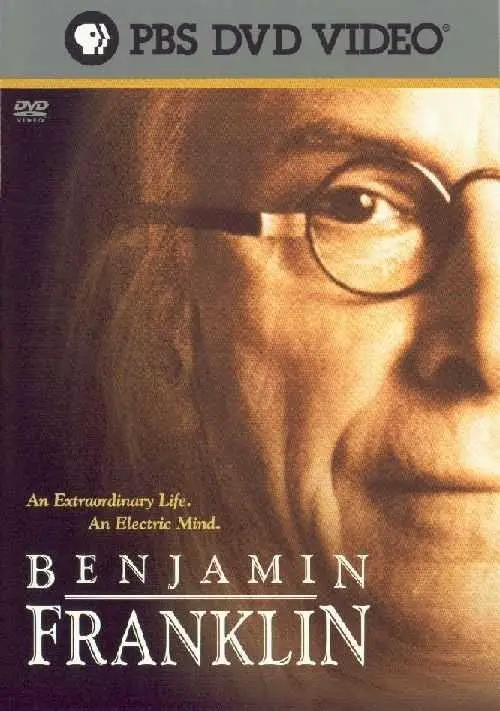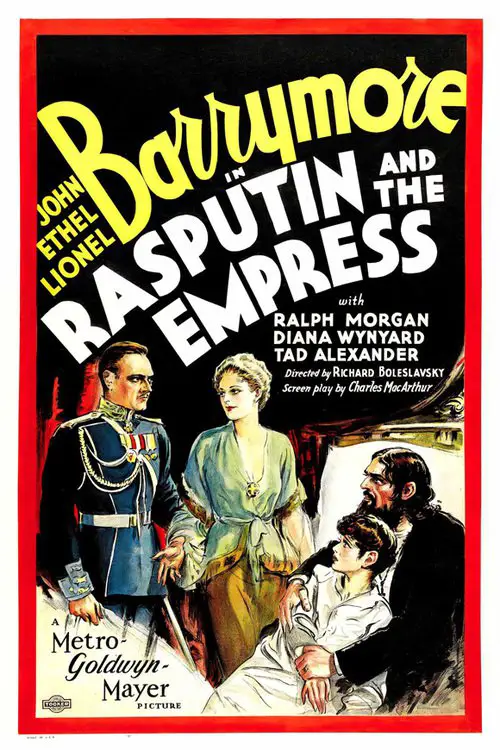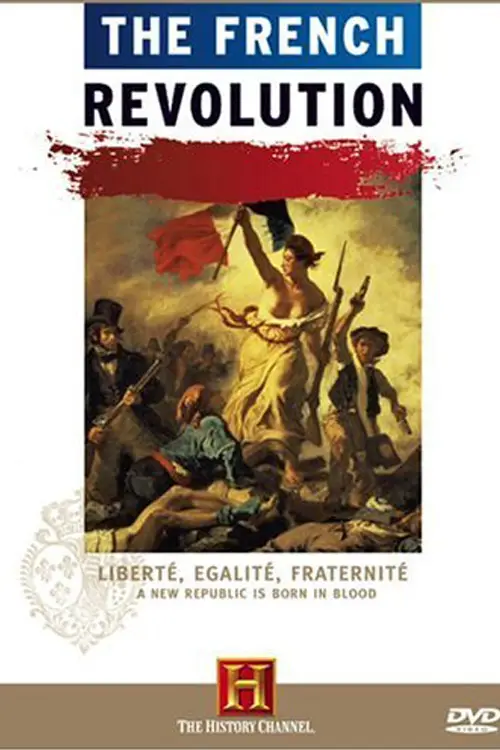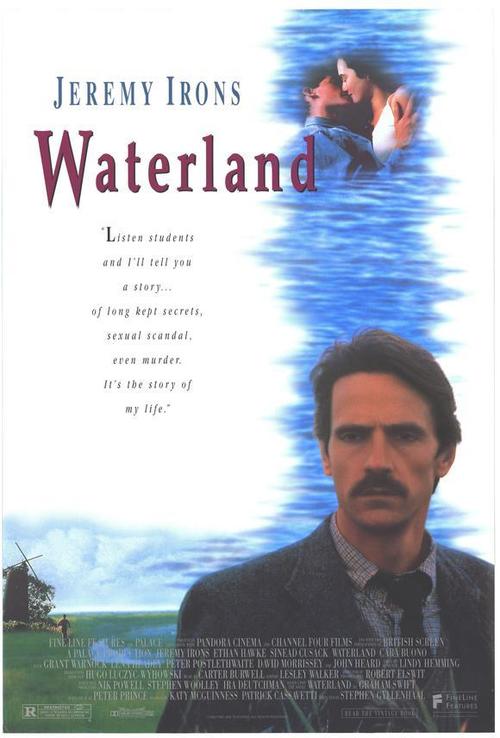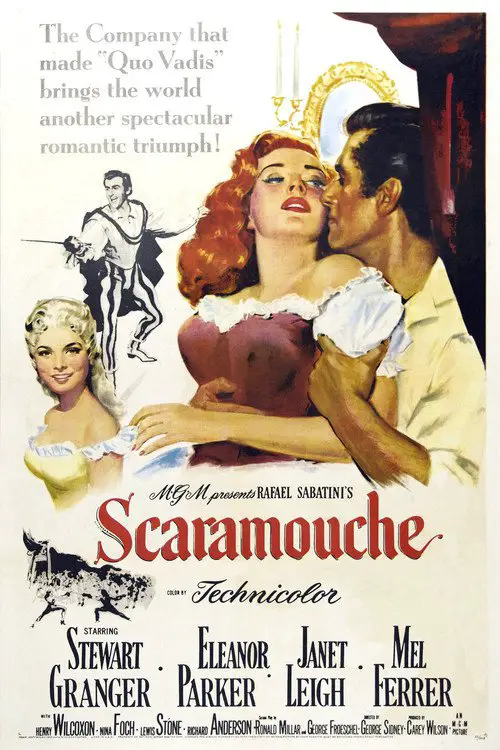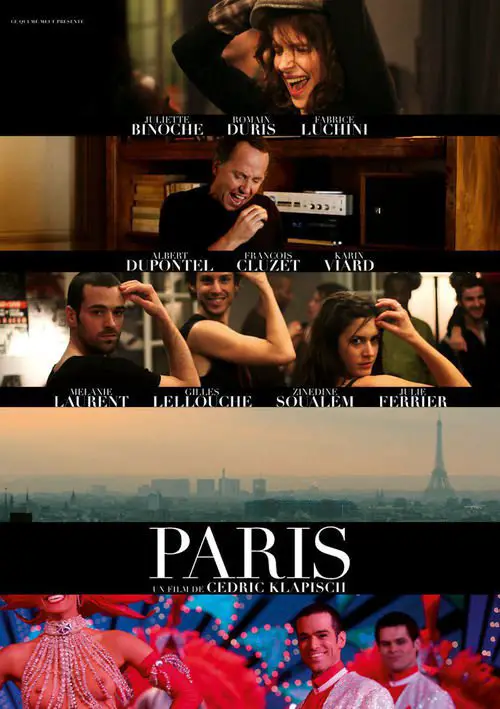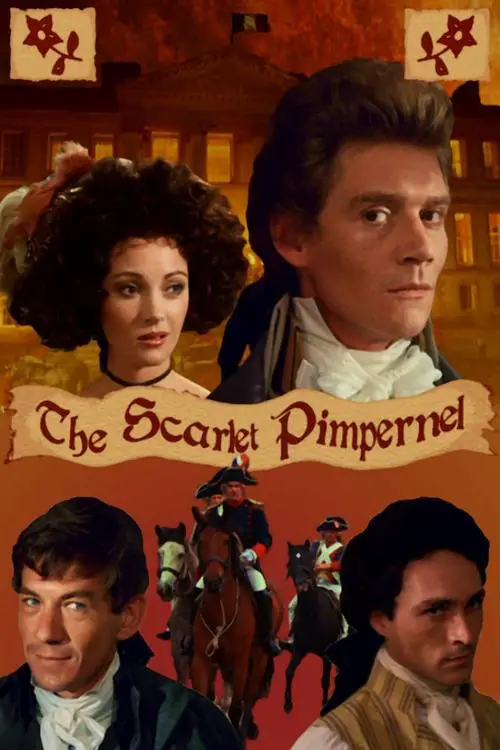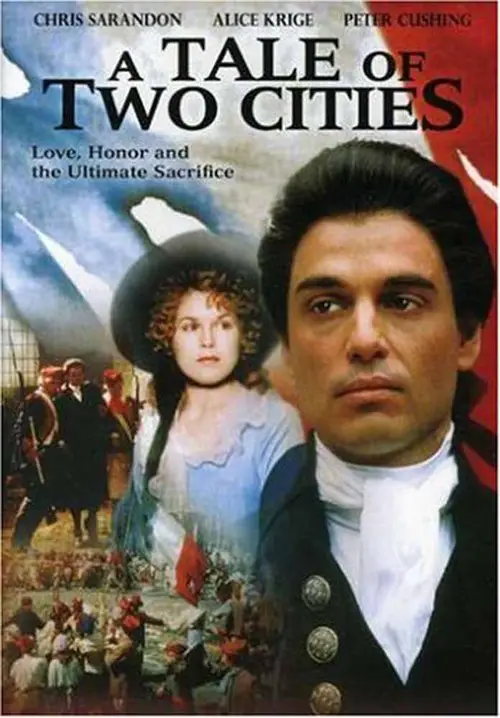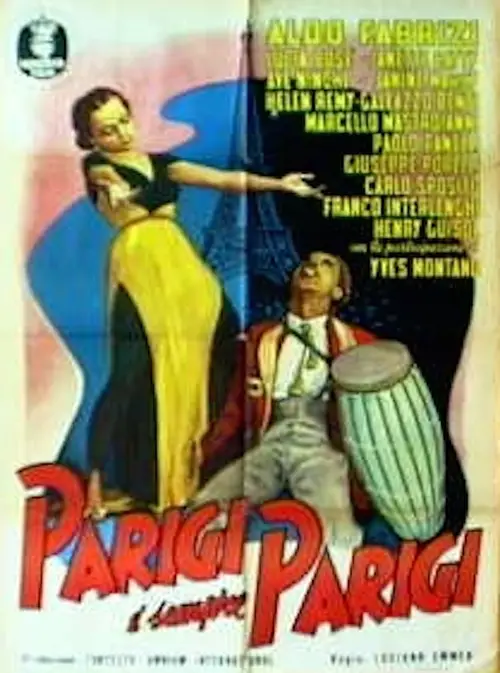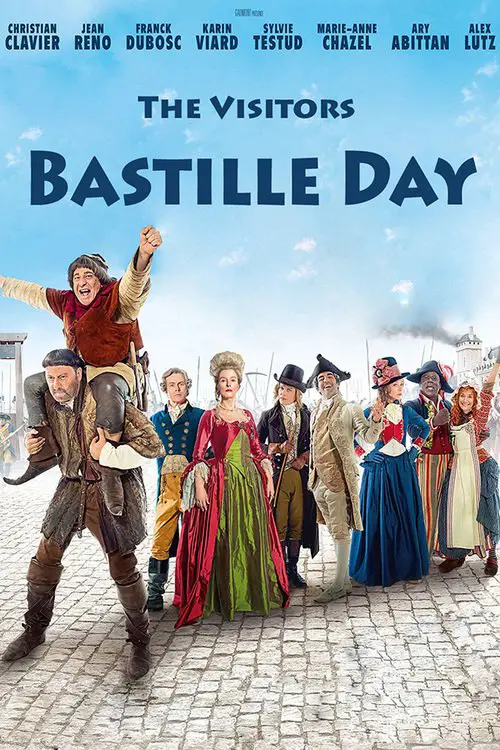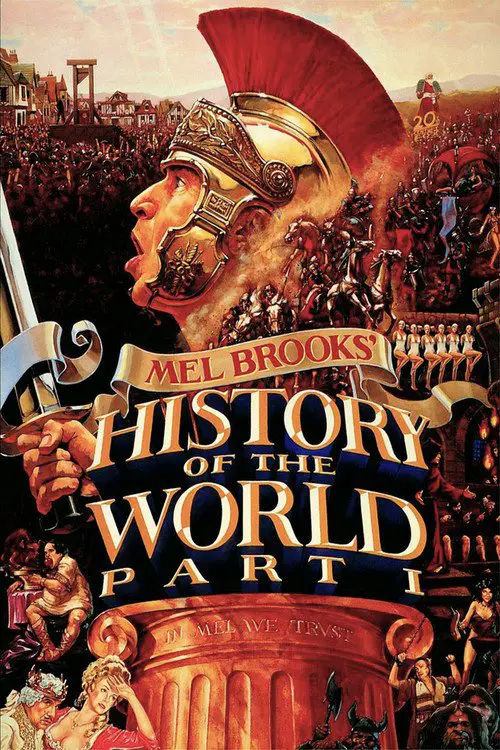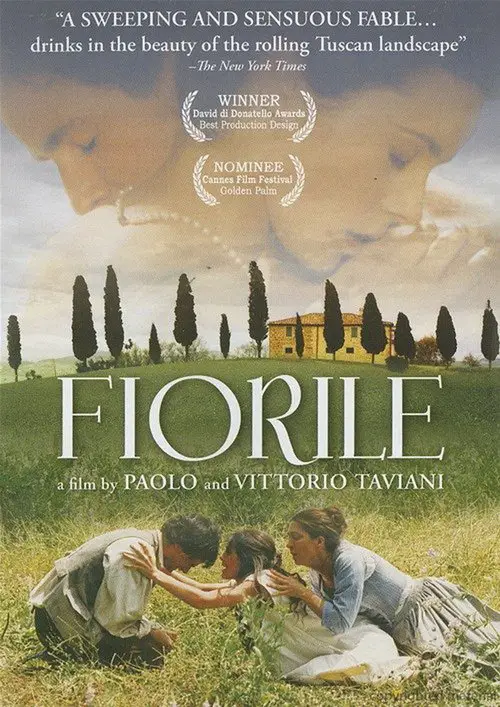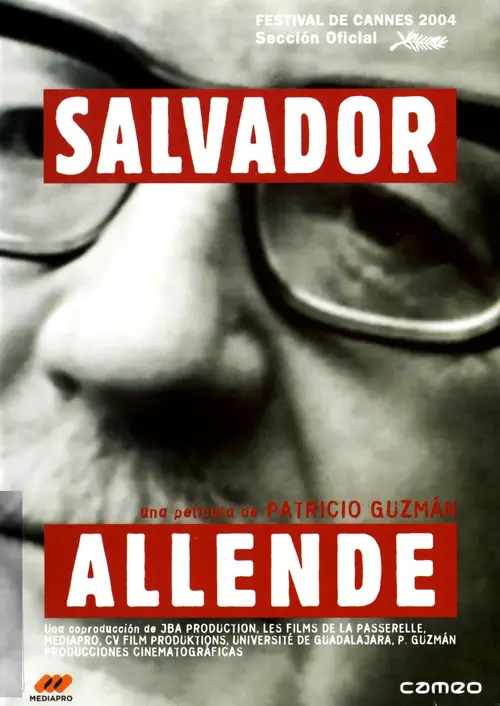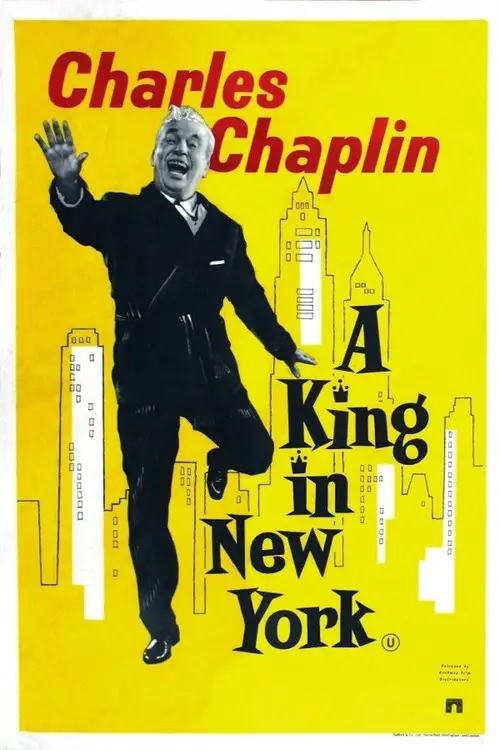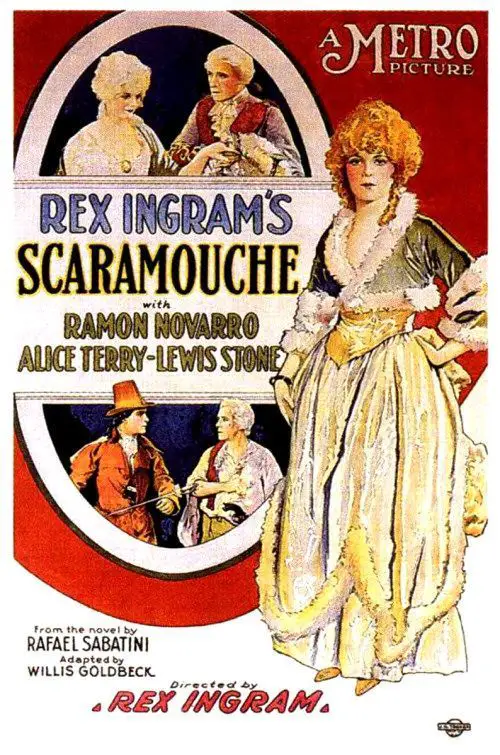The French Revolution (1989)
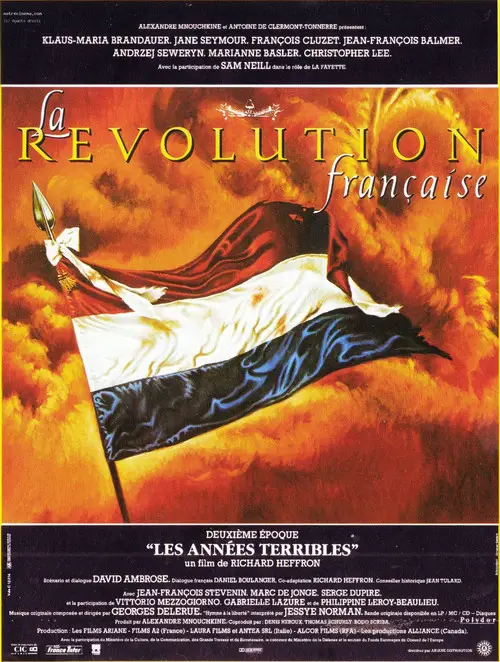
Similar movies
An account of the adventures of two sets of identical twins, badly scrambled at birth, on the eve of the French Revolution. One set is haughty and aristocratic, the other poor and somewhat dim. They find themselves involved in palace intrigues as history happens around them. Based, very loosely, on Dickens's "A Tale of Two Cities," Dumas's "The Corsican Brothers," etc.
Oscar François de Jarjayes was born female, but her father insisted she be raised as a boy as he had no sons. She becomes the captain of the guards at Versailles under King Louis XVI and Marie Antonette. Her privileged, noble life comes under fire as she discovers the hard life of the poor people of France. She is caught up in the French Revolution, and must choose between her loyalty and love.
This breathtaking, visually experimental film from New Wave director Eric Rohmer tells the true story of Grace Dalrymple Elliot (Lucy Russell), a British aristocrat trapped in Paris during the French Revolution. Determined to maintain her stiff upper lip and pampered life despite the upheaval, Grace continues her friendship with the Duke of Orléans (Jean-Claude Dreyfus) while risking her life and liberty to protect a fugitive.
Henriette and Louise, a foundling, are raised together as sisters. When Louise goes blind, Henriette swears to take care of her forever. They go to Paris to see if Louise's blindness can be cured, but are separated when an aristocrat lusts after Henriette and abducts her. Only Chevalier de Vaudrey is kind to her, and they fall in love. The French Revolution replaces the corrupt Aristocracy with the equally corrupt Robespierre. De Vaudrey, who has always been good to peasants, is condemned to death for being an aristocrat, and Henriette for harboring him. Will revolutionary hero Danton, the only voice for mercy in the new regime, be able to save them from the guillotine?
Danton (Gérard Depardieu) and Robespierre (Wojciech Pszoniak) were close friends and fought together in the French Revolution, but by 1793 Robespierre was France's ruler, determined to wipe out opposition with a series of mass executions that became known as the Reign of Terror. Danton, well known as a spokesman of the people, had been living in relative solitude in the French countryside, but he returned to Paris to challenge Robespierre's violent rule and call for the people to demand their rights. Robespierre, however, could not accept such a challenge, even from a friend and colleague, and he blocked out a plan for the capture and execution of Danton and his allies.
A massive 5 1/2 hour biopic of Napoleon, tracing his career from his schooldays (where a snowball fight is staged like a military campaign), his flight from Corsica, through the French Revolution (where a real storm is intercut with a political storm) and the Terror, culminating in his triumphant invasion of Italy in 1797 (the film stops there because it was intended to be part one of six, but director Abel Gance never raised the money to make the other five). The film's legendary reputation is due to the astonishing range of techniques that Gance uses to tell his story, culminating in the final twenty-minute triptych sequence, which alternates widescreen panoramas with complex multiple- image montages projected simultaneously on three screens.
British barrister Sydney Carton lives an insubstantial and unhappy life. He falls under the spell of Lucie Manette, but Lucie marries Charles Darnay. When Darnay goes to Paris to rescue an imprisoned family retainer, he becomes entangled in the snares of the brutal French Revolution and is himself jailed and condemned to the guillotine. But Sydney Carton, in love with a woman he cannot have, comes up with a daring plan to save her husband.
In Charenton Asylum, the Marquis de Sade directs a play about Jean Paul Marat's death, using the patients as actors. Based 'The Persecution and Assassination of Jean-Paul Marat as Performed by the Inmates of the Asylum of Charenton Under the Direction of the Marquis de Sade', a 1963 play by Peter Weiss.
Catherine Hubscher, who washes the shirts of young Napoleon and other soldiers fighting the Revolution, falls in love with Sergeant Lefebvre. Circumstances bring Lefebvre a noble title and even more -- Napoleon decides to make him the local ruler over a large territorial fiefdom. But trouble brews when Madame Sans-Gene, now elevated to the nobility along with her man -- cannot keep her frank observations under control.
Set in the 1800s when Napoleonâs French ruled Europe, the film follows young Austrian carpenter Franz and his Bavarian wife, Katharina as an unforeseen event forces them to flee from Augsburg, Bavaria for Franzâs family home in Tyrol, Austria. Tyrolian sentiment is rising strongly against Napoleon and trouble is stirring. In no time it sweeps up Franz and his brothers along with the whole town.
Franceâs Bordeaux region has long commanded respect for its coveted wine, but shifts in the global marketplace mean that a new, voracious consumer base in China is buying up this finite product. Bordeaux both struggles with and courts the spike in demand, sending prices skyrocketing. Narrated by Russell Crowe, Red Obsession is a fascinating look at our changing international economy and how an obsession in Shanghai affects the most illustrious vineyards in France.
France, 1719. Louis 14th died four years ago, Philippe d'Orleans is the regent. He is a liberal and a libertine. His right-hand man, Dubois, an atheistic and cupid priest, as libertine as Philippe, tries to take advantage of a little rebellion lead by a Breton squire (Pontallec) and of the famine to become archbishop... Description of the life of the court in this period of transition where the French Revolution smoulders.
Many noble families are locked in a chateau due to the French Revolution. The infamous Marquis de Sade is there and is generally shunned by the others. A teen-aged girl befriends him behind her parents back and learns about him and life in general. He initiates her into sexual exploration and leads her to become an independent, sexually-liberated woman.
Near Trianon, the young Queen Marie-Antoinette built a small and secret theater, to act and sing herself with friends and family. The little theater is still there, newly restored. For the first time since the XVIII century, opera arias and symphonies by Gretry and Gossec, two of the queen's best composers, are played with ancient sets and instruments. A cycle of late 18th century music, programmed by the Baroque Music Center of Versailles, showcases the finest compositions of the musical repertoire played in Paris, under the influence of Marie-Antoinette, during the reign of Louis XVI. The Center joined with French-speaking musicians from different horizons, giving pride of place to the great French-Walloon composers, Andre-Modeste Gretry and Francois-Joseph Gossec. Both enjoyed major careers under Louis XVI: the first built his reputation on his comic operas, which Marie-Antoinette greatly admired; the second came to be considered the true father of the French symphony.
A documentary about the legendary series of nationally televised debates in 1968 between two great public intellectuals, the liberal Gore Vidal and the conservative William F. Buckley Jr. Intended as commentary on the issues of their day, these vitriolic and explosive encounters came to define the modern era of public discourse in the media, marking the big bang moment of our contemporary media landscape when spectacle trumped content and argument replaced substance. Best of Enemies delves into the entangled biographies of these two great thinkers and luxuriates in the language and the theater of their debates, begging the question, 'What has television done to the way we discuss politics in our democracy today?'
Paris, 1933. The daughter of a respectable lower middle class couple, Violette Nozière, leads a disreputable double life. Far from being the innocent 18-year-old her parents mistake her for, she spends her nights with dissolute young men in the less salubrious areas of the city. One day, Violette meets her ideal man, Jean Dabin, but he is a scoundrel who soon begins to extort money from her. When her parents discover that she is stealing from them, Violette finds the tension in their cramped apartment unbearable and she is driven to murder both her parents.
Focuses on Sebastian and Costa, obsessive filmmakers who, in their quest to uncover the myth of Christopher Columbus and resistance to colonial power by Indian rebel Hatuey, ultimately end up embroiled in a modern revolt against Western multinationals in the Bolivian "water wars" brought on by the forced privatization of Bolivia's leading public water companies in 2000.
The story of Franklin's epic life from humble beginnings to fame as a scientist, founding father and America's first diplomat to France. Let The Experiment Be Made (1706 - 1753) Franklin quickly rises to prominence as a printer and publisher in Philadelphia. His discoveries in the new science of electricity help free the world from the harmful effects of lightning and propel Franklin onto the world stage. The Making Of A Revolutionary (1755 - 1776) In London, Franklin finds himself in the midst of a growing dispute between England and the colonies, a dispute that turns this loyal subject of the British empire into a revolutionary and causes a tragic break with his own son. The Chess Master (1776 - 1790) Franklin embarks on the most important mission of his long life when he becomes diplomat to France during the American Revolution. After the war, he plays a critical role in creating the U.S. Constitution and becomes the only founding father to actively campaign against slavery.
Rasputin is one of the most interesting people in the world during the early 20th Century. He was also one of the most enigmatic and contradictory. A holy man who was accused of raping a nun, excessive drinking, and being power hungry. Barrymore's portrayal of Rasputin plays this up, plus making claims that he will be Russia. He seems almost like Charles Manson at times in the way he can make someone, especially the Czarevitch, behave like they are totally different people compared to the way they acted before meeting Rasputin.
On July 14, 1789, a mob of angry Parisians stormed the Bastille and seized the King's military stores. A decade of idealism, war, murder, and carnage followed, bringing about the end of feudalism and the rise of equality and a new world order. The French Revolution is a definitive feature-length documentary that encapsulates this heady (and often headless) period in Western civilization. With dramatic reenactments, illustrations, and paintings from the era, plus revealing accounts from journals and expert commentary from historians, The French Revolution vividly unfurls in a maelstrom of violence, discontent, and fundamental change. King Louis XVI, Marie Antoinette, Maximilien Robespierre, and Napoleon Bonaparte lead a cast of thousands in this essential program from THE HISTORY CHANNEL®. Narrated by Edward Herrmann (The Aviator, Gilmore Girls), The French Revolution explores the legacy that--now more than ever--stands as both a warning and a guidepost to a new millennium
Pierre, a professional dancer, suffers from a serious heart disease. While he is waiting for a transplant which may (or may not) save his life, he has nothing better to do than look at the people around him, from the balcony of his Paris apartment. When Elise, his sister with three kids and no husband, moves in to his place to care for him, Pierre does not change his new habits. And instead of dan
During the French Revolution, a mysterious English nobleman known only as The Scarlet Pimpernel (a humble wayside flower), snatches French aristos from the jaws of the guillotine, while posing as the foppish Sir Percy Blakeney in society. Percy falls for and marries the beautiful actress Marguerite St. Just, but she is involved with Chauvelin and Robespierre, and Percy's marriage to her may endanger the Pimpernel's plans to save the little Dauphin
The time of the French revolution, and Citizen Robespierre is beheading the French aristocracy. When word gets to England, two noblemen, Sir Rodney Ffing and Lord Darcy take it upon themselves to aid their French counterparts. Sir Rodney is a master of disguise, and becomes "the black fingernail", scourge of Camembert and Bidet, leaders of the French secret police...
The exciting story of Dr. Manette, who escapes the horrors of the infamous Bastille prison in Paris. The action switches between London and Paris on the eve of the revolution where we witness 'the best of times and the worst of times' - love, hope, the uncaring French Aristocrats and the terror of a revolutionary citizen's army intent on exacting revenge.
The Hornblower series is based on C.S. Forester's classic maritime adventures - the story of one young man's struggle to become a leader of men. Set against the back drop of the 18th century Anglo-French wars, the bloodiest time in British naval history.Lt. Hornblower and his mates are sent to accompany a doomed royalist invasion of revolutionary France.
Dissolute barrister Sydney Carton becomes enchanted and then hopelessly in love with the beautiful Lucie Manette. But Lucie loves and marries Charles Darnay, and remains oblivious to Carton's undimmed devotion to her. When Darnay is ensnared in the deadly web of the French Revolution and condemned to die by the guillotine, Sydney Carton concocts a dangerous plot to free the husband of the woman he loves.
Stuck in the corridors of time, Godefroy de Montmirail and his faithful servant Jacquouille are projected to a time of profound political and social upheavals: the French Revolution... specifically, The Terror, time of great dangers, during which the descendants of Godefroy and Jacquouille had their castle and all their property confiscated by arrogant aristocrats, fleeing and lifes hanging by a thread.
Mel Brooks' uproarious version of history proves nothing is sacred as he takes us on a laugh-filled look at what really happened throughout time. His delirious romp features everything from a wild send-up of "2001" to the real stories behind the Roman Empire, the French Revolution and the Spanish Inquisition. It's Mel and company at their hilarious best.
While travelling to visit their grandfather, two children are told the story of a family curse that has lasted two hundred years. During Napoleon's Italian invasion, Elisabetta Benedetti fell in love with French soldier Jean - but while Jean was distracted, Elisabetta's brother Corrado stole some gold that Jean was guarding, and set the curse in train. The Benedettis become wealthy, corrupt and hated by their former friends, who rename them the Maledettis - the cursed. The childrens' grandfather Massimo is the last man to be directly affected by the curse - but will he pass it onto them?
A leftist revolutionary or a reformist democrat? A committed Marxist or a constitutionalist politician? An ethical and moral man or, as Richard Nixon called him, a "son of a bitch"? In SALVADOR ALLENDE, acclaimed Chilean filmmaker Patricio Guzmán (The Battle of Chile and Chile, Obstinate Memory) returns to his native country thirty years after the 1973 military coup that overthrew Chile's Popular Unity government to examine the life of its leader, Salvador Allende, both as a politician and a man.
It's the 22nd of December. Sixteen years have passed since the revolution, and in a small town Christmas is about to come. Piscoci, an old retired man is preparing for another Christmas alone. Manescu, the history teacher, tries to keep up with his debts. Jderescu, the owner of a local television post, seems not to be so interested in the upcoming holidays. For him, the time to face history has come. Along with Manescu and Piscoci, he is trying to answer for himself a question which for 16 years has not had an answer: "Was it or wasn't it a revolution in their town?"
From the makers of "Ray" and acclaimed director Michael Apted, comes the inspiring story of how one man's passion and perseverance changed the world. Based on the true story of William Wilberforce, "Amazing Grace" follows his courageous quest to end the British slave trade. Along the way, Wilberforce meets intense opposition, but his minister, John Newton, urges him to see the cause through.
© Valossa 2015–2026
| Privacy Policy
